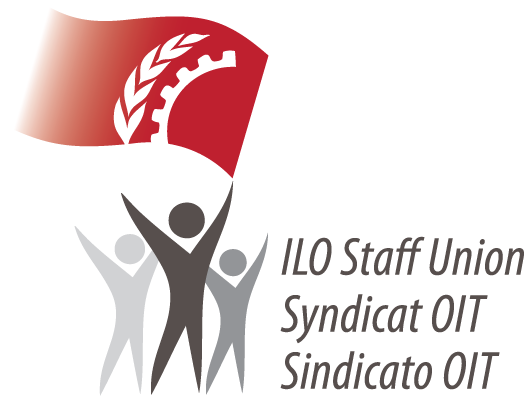SHIF schedule of benefits and ceilings / Jean-François Santarelli
Category : Message68
Jean-François Santarelli, Bureau member of the Former Officials Section
Note submitted to the Bureau meeting of 4 November 2020
Profiting from the presence of Florian Léger (SHIF Executive Secretary) and Pierre Sayour (Management Committee Chairperson), I would like to make a suggestion to the Management Committee about the schedule of benefits. The latter is, I believe, generally very much appreciated by participants. However, as the schedule was updated three years ago, it is admittedly, like any update, no longer completely “current”. In most countries there is inflation in health costs, often well above the rise in the cost of living. This is particularly true in Switzerland, as Health Minister Alain Berset recently pointed out.
The SHIF schedule of benefits provides for 80% reimbursement of health costs plus a supplementary benefit scheme. This system largely ensures that members are not unduly penalised by health cost inflation. However, the situation is different for benefits limited by a reimbursement ceiling. In this case, cost inflation leads to an ever-increasing gap between the ceiling and actual health costs, which penalises participants, especially pensioners, who cannot benefit from an increase in their pension.
In some cases, for example that of pensioners in Switzerland who have chosen to receive their pensions in local currency, there has been no uprating of pensions for four years because the benchmark inflation rate has remained too low. This has not been the case for the inflation rate of health costs over the same period.
A typical example is long-term care, particularly in institutions. In Switzerland, the basic rate in an EMS (care home) varies from 7,500 to 8,000 Swiss francs a month, to which is almost always added a monthly supplement of between 400 and 1,500 Swiss francs, depending on the resident’s level of dependency. There are thus appreciable expenses outstanding in relation to SHIF benefits, which are nevertheless quite substantial compared with other insurance schemes. On this point, still in Switzerland where many pensioners live, it should be noted that the authorities, for reasons of economy, no longer systematically seek to ensure that pensioners on retiring join the AVS (Old Age and Survivors’ Insurance) scheme and thereafter benefit from social assistance.
As the SHIF Management Committee did three years ago, a working group should in my view be tasked with updating the schedule of benefits’ current ceilings. Retired members of the Management Committee could usefully participate in this working group as could, if necessary, members of the Bureau of the Former Officials Section.
Thought should also be given to a more or less automatic system of annual updating of these ceilings in line with observed increases in expenditure in the relevant sectors. This would avoid having to raise the question of updating certain ceilings and benefits every few years, with varying degrees of difficulty.
 The Section of Former Officials of the ILO
The Section of Former Officials of the ILO